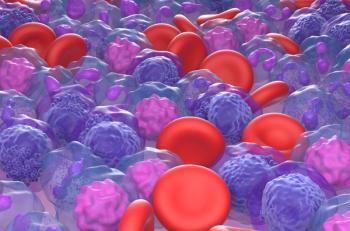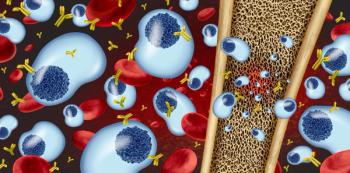
Evolving breast cancer risk models and prevention methods are necessary to improve patient outcomes, according to Sagar Sardesai, MD.

Evolving breast cancer risk models and prevention methods are necessary to improve patient outcomes, according to Sagar Sardesai, MD.

Effective management of immune checkpoint inhibitor-related toxicities requires early intervention, evolving guideline adherence, and multidisciplinary collaboration, with steroids remaining a key treatment.

PD-L1 immune checkpoint inhibitors are now standard for early-stage non-metastatic non-small cell lung cancer (NSCLC), with neoadjuvant, adjuvant, and perioperative strategies improving survival and outcomes.

Pandemic-related growing pains were common within health care, bringing unique challenges for health systems.

In this NCCN session, James M. Foran, MD, described the different FLT3 inhibitors that are available for FLT3-mutated AML, as well as considerations for the future.

In addition to emerging treatment options, the speakers addressed the importance of individualized decision-making when treating patients with multiple myeloma.